The Legacy: Thomas Twining, the man who made such good tea, not even the Boston rebels would toss it in the harbour
Arriving in London as a young boy, Thomas Twining saw a gap in the market, and made his name as one of Britain's first tea sellers.

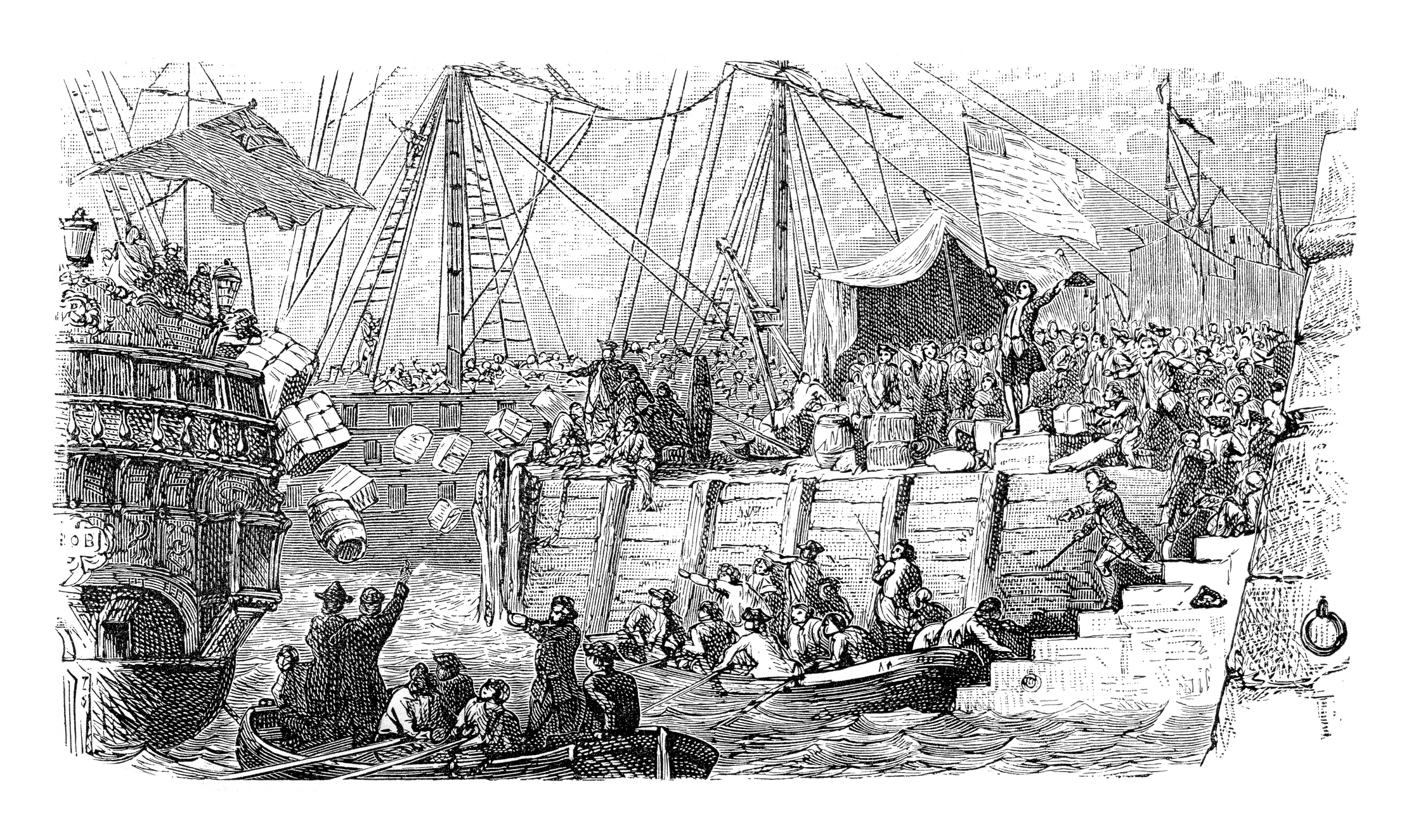
Rarely do we admit that one man and his commodity can put the world to rights, but Thomas Twining is deserving of such an accolade.
Arriving in London from Gloucestershire in 1684, nine-year-old Thomas began as a weaver’s apprentice before working as a shipping handler for merchants. He was employed by the East India Company, where his fascination — and ambitions — began. Noticing how few of London’s 2,000 coffee houses sold fine tea, his competitive advantage was secured.
‘Tom’s Coffee House’ opened in 1706 on the Strand, where Twinings still stands, offering brewed tea for drinking and dry tea for purchase. High prices ensured the wealthy took notice — in 1707, Gunpowder Green sold for today’s equivalent of £160 per 100g. He experimented with blending, becoming the first of Twinings’s Master Blenders, a title that remains today.
Convention prevented women from entering the coffee house, but they would queue outside in their carriages and send footmen in to buy tea. Tea-drinking grew to be associated with respectability, certain manners and customs, becoming as ritualised in the domestic sphere as in the tearoom.
It was encouraged by the Government because of its tax revenue, serving to instil a sense of patriotism in the habit. According to ledgers from 1749, the Governor of Boston, Massachusetts, US, was a loyal customer; when the Boston Tea Party protested against British taxation by dumping English tea in the harbour in 1773, a local writer penned: ‘It was not Twinings tea the Boston rebels tossed.’ AEW
By 1711, Twinings was supplying tea by Royal Appointment to Queen Anne; the company gained a Royal Warrant from Queen Victoria in 1838 and has held one ever since. In 1784, Richard Twining (Thomas’s grandson) advised the Prime Minister, William Pitt the Younger, to lower the tax on tea to reduce smuggling. Prices came down and Twining helped make tea affordable to all. The rest is history.
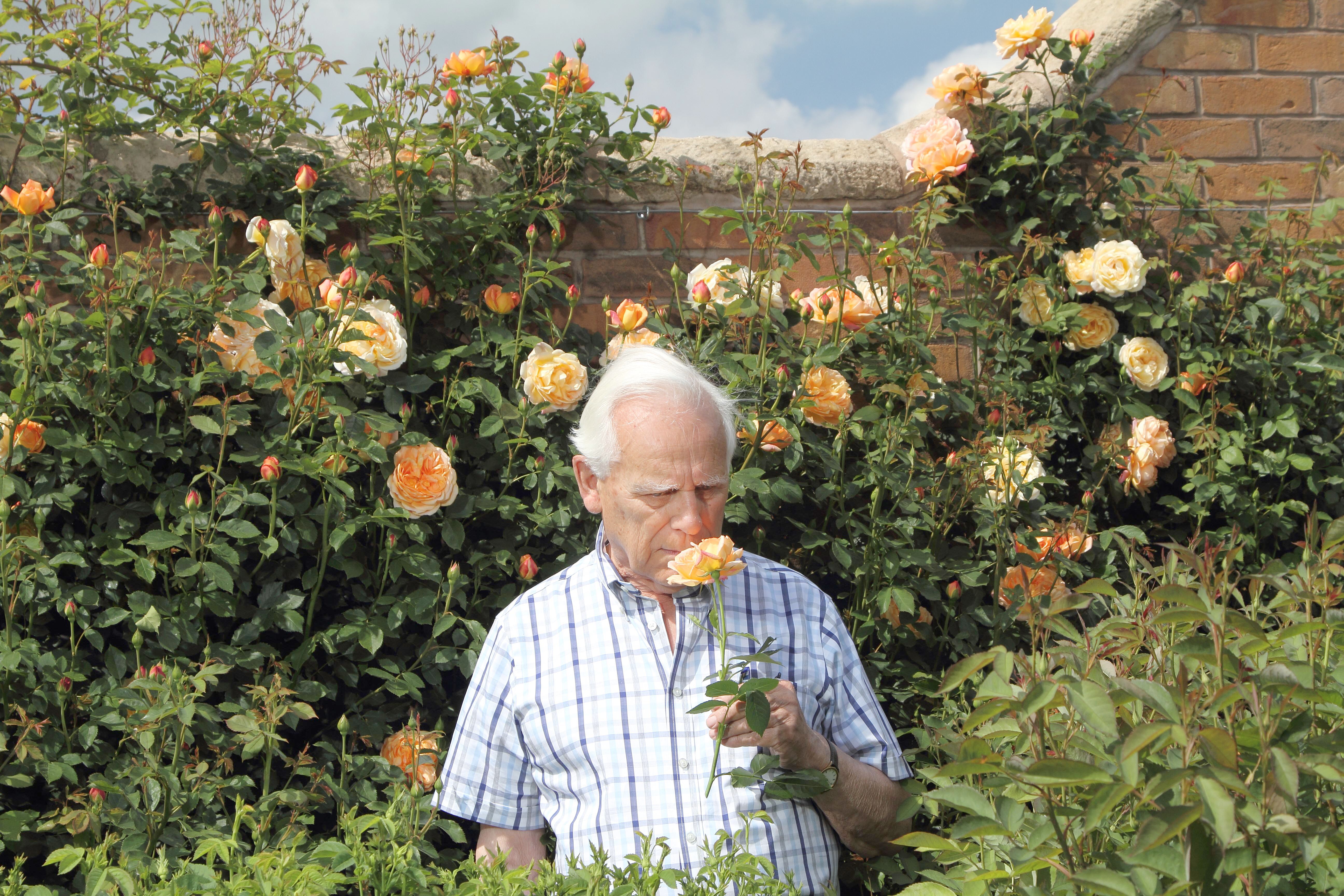
The Legacy: David Austin's English roses
Tiffany Daneff pays tribute to David Austin, the man whose name remains synonymous with roses even five years after his
Exquisite houses, the beauty of Nature, and how to get the most from your life, straight to your inbox.
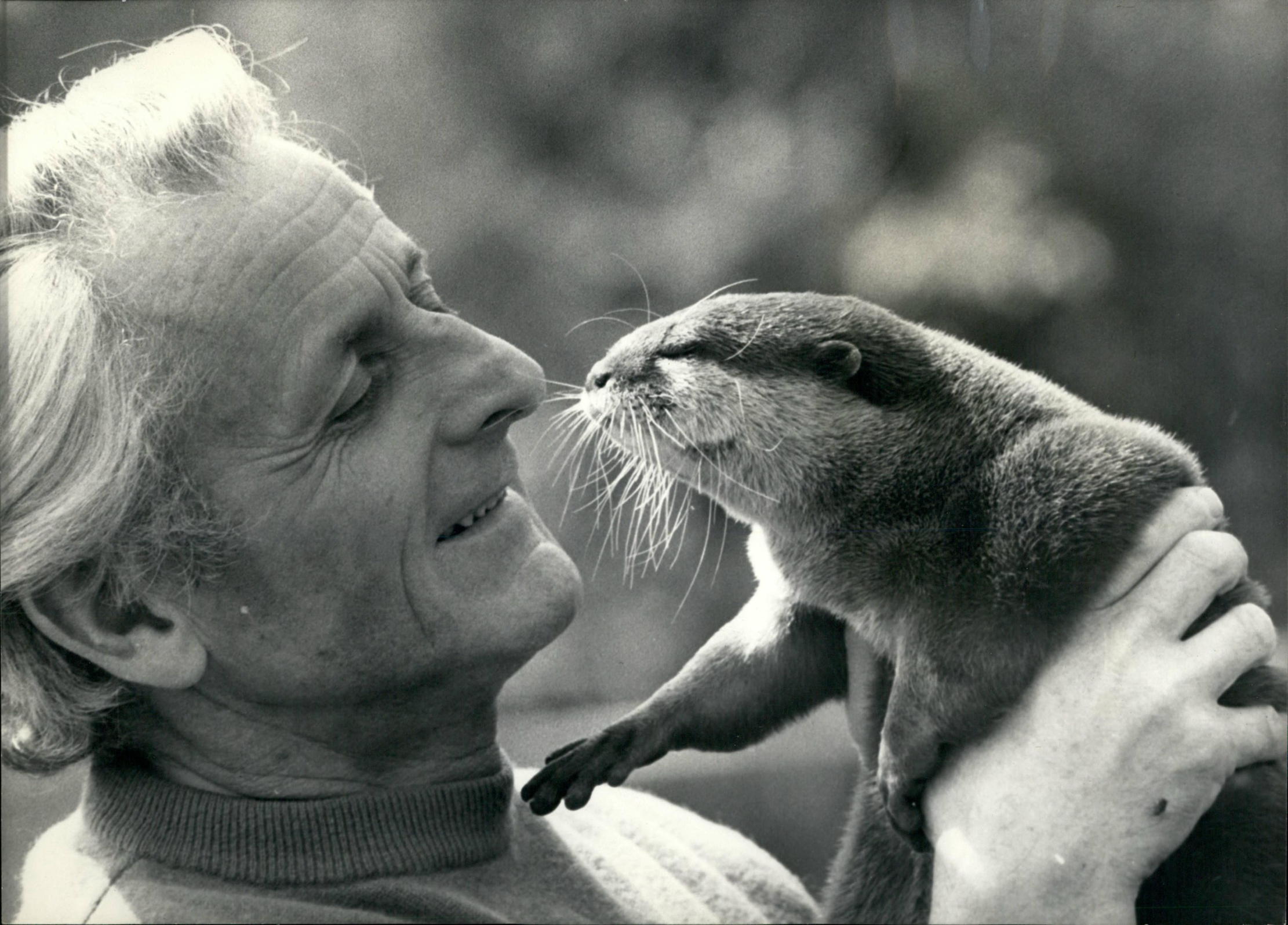
The Legacy: Philip Wayre, the man who saved the otter
The heartwarming tale of how this film-maker and naturalist restored the otter to English rivers.
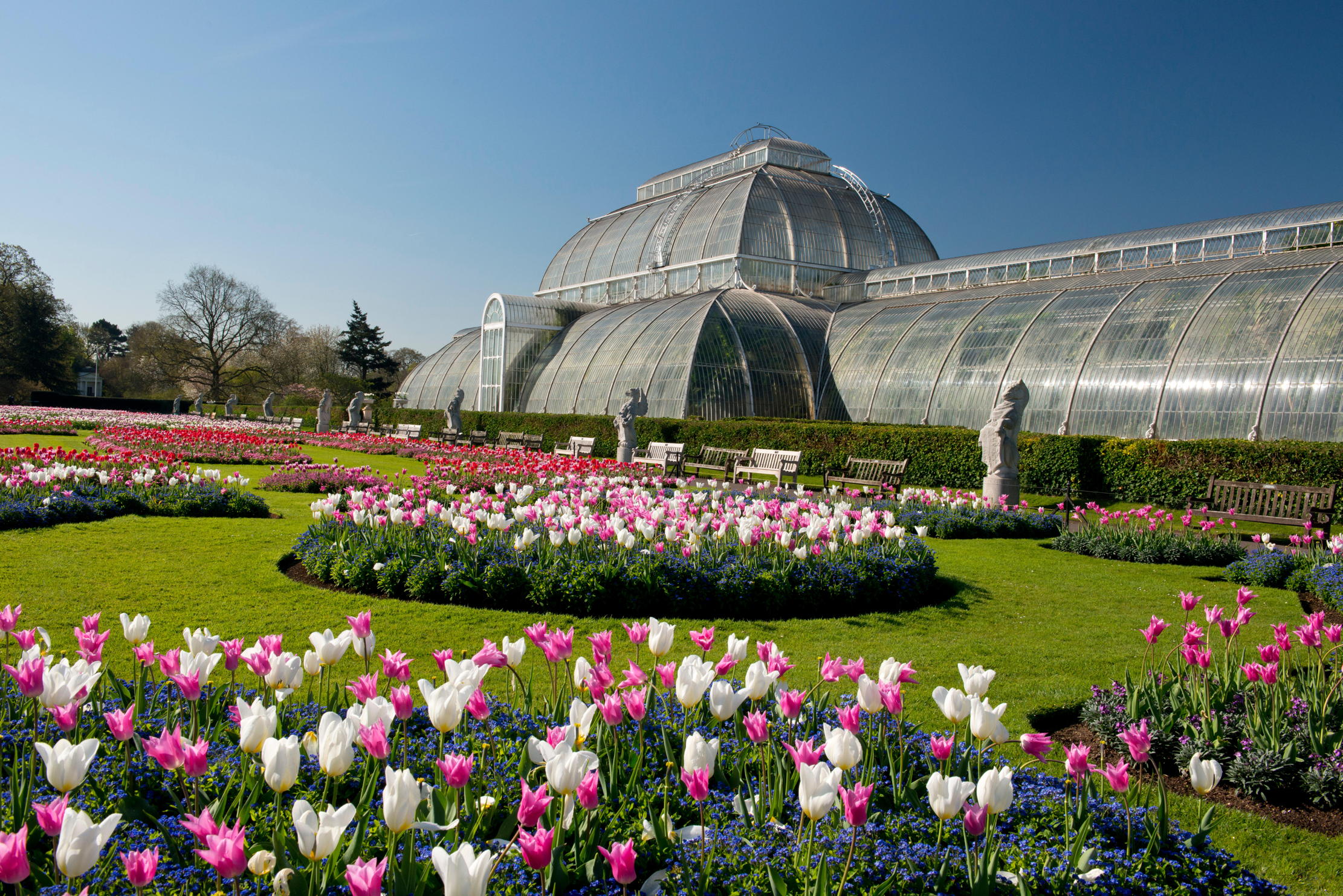
The Legacy: Sir Joseph Banks, the naturalist who created Kew
The Lincolnshire landowner who was described by David Attenborough as a 'passionate naturalist' and 'the great panjandrum of British science'.
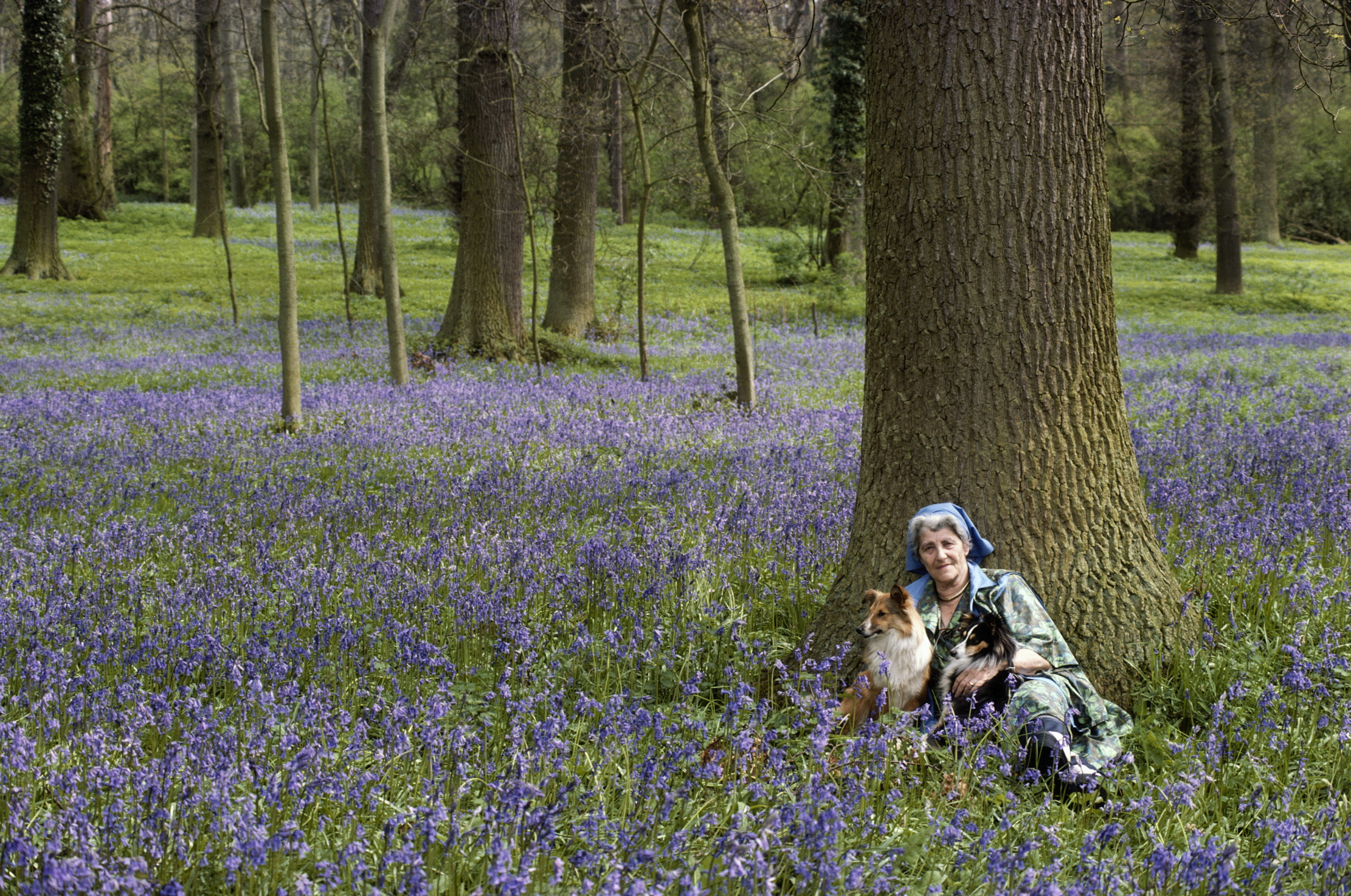
Credit: Tony Evans/Timelapse Library/Getty Images
The Legacy: Miriam Rothschild, the pioneer of organic and wildflower gardening
The celebrated entomologist and Bletchley Park codebreaker was also way ahead of the times when it came to gardening.
Amie Elizabeth White is Country Life's Acting Luxury Editor. She studied history at the University of Edinburgh and previously worked in fashion styling. She regularly writes for Country Life's London Life supplement and has written for Luxury London, covering everything from Chanel suits and skincare, to the best pies in the city. She has a big heart, but would sell her soul for a good pair of shoes.
